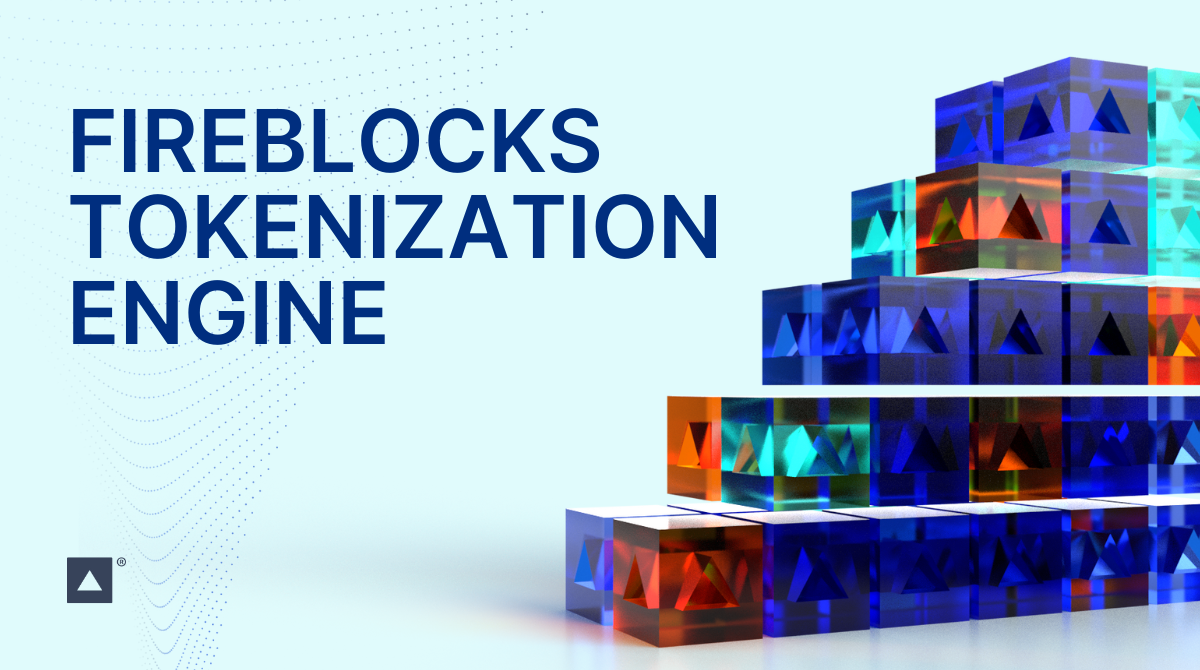Home / Glossary / Deploy Smart Contract
Deploying Smart Contracts
What is Deploying a Smart Contract?
Smart contract creation entails self-executing digital agreement written in code and stored on a blockchain network, typically Ethereum. Unlike traditional contracts, these programmable scripts automatically enforce the terms of an agreement without requiring intermediaries. When predefined conditions are met, the contract executes its specified actions instantly and transparently.
Smart contracts function like autonomous digital agents, capable of receiving, storing, and transferring value, executing complex logic, and interacting with other blockchain-based systems. They operate on a decentralized network, ensuring that no single entity can manipulate the agreement’s terms once deployed.
How to deploy a smart contract?
- Transaction Initiation: A user sends a transaction from their wallet to interact with a smart contract by calling functions, sending tokens, or deploying new contracts.
- Network Distribution: The transaction is broadcast to the blockchain network, where nodes verify the sender’s signature and account balance.
- Contract Execution: Nodes execute the smart contract’s bytecode in their virtual machine (like the EVM), which processes transaction inputs and determines the resulting state changes like token transfers or data updates.
- State Update: If the transaction is valid, the contract’s new state is recorded with updated account balances and storage values, creating an immutable record on the blockchain.
- Block Creation: The validated transaction and state changes are included in a new block, which miners/validators confirm according to consensus rules, making the contract’s changes permanent once finalized.
- Event Emission: Smart contracts can emit events that notify external systems to trigger UI updates, while transaction receipts provide detailed execution information.
Why is Smart Contract Deployment Important?
Smart contract deployment represents a pivotal moment in blockchain application development. It transforms theoretical code into a live, operational system that can execute real-world transactions and business logic without centralized oversight.
The importance of smart contract deployment extends across multiple domains:
- Financial Services
Smart contracts revolutionize financial transactions by enabling trustless, instantaneous exchanges. They support complex financial instruments like decentralized lending, automated trading, and programmable money management. - Supply Chain Management
By deploying smart contracts, organizations can create transparent, traceable workflows that automatically verify and record each transaction, reducing fraud and increasing operational efficiency. - Decentralized Applications (dApps)
Smart contracts serve as the backbone of decentralized applications, providing the core logic and transaction mechanisms that power innovative blockchain solutions. - Tokenization
They facilitate the creation and management of digital assets, enabling fractional ownership, automated royalty distributions, and complex token economics.
Key Considerations Before Deploying a Smart Contract
Successful smart contract deployment requires meticulous planning and comprehensive understanding. Developers must carefully evaluate multiple technical and strategic factors:
- Security Audits
Before deployment, conduct thorough security audits to identify potential vulnerabilities. Smart contract vulnerabilities can lead to significant financial losses, making pre-deployment testing crucial. - Gas Optimization
On blockchain networks like Ethereum, contract deployment and execution consume gas (transaction fees). Optimize your contract’s code to minimize computational complexity and reduce deployment costs. - Scalability
Design contracts with future scalability in mind. Consider how the contract will handle increased transaction volumes and potential network congestion. - Upgradability
While smart contracts are immutable, implement proxy patterns or modular architectures that allow for logical upgrades without compromising existing functionality. - Compliance and Legal Considerations
Ensure your smart contract aligns with relevant regulatory frameworks and clearly defines the legal implications of its automated actions. - Network Selection
Choose the most appropriate blockchain network based on:- Transaction speeds
- Fee structures
- Developer ecosystem
- Specific network capabilities
Blockchain Smart Contract Development
Developing a robust smart contract involves several critical stages:
- Requirements Analysis
- Define precise business logic
- Map out all potential transaction scenarios
- Identify required inputs and expected outputs
- Code Development
- Select an appropriate programming language (Solidity for Ethereum, Rust for Solana)
- Write clean, efficient, and secure code
- Implement robust error handling mechanisms
- Comprehensive Testing
- Unit testing individual contract functions
- Integration testing with potential interaction scenarios
- Simulated deployment on test networks
- Deployment Preparation
- Select appropriate development tools (Hardhat, Truffle)
- Configure deployment environment
- Prepare necessary wallet and gas resources
- Actual Deployment
- Choose main or test network
- Pay required gas fees
- Verify contract address and initial configuration
Best Practices for Smart Contract Deployment
- Implement comprehensive error handling
- Use standardized libraries and established design patterns
- Maintain detailed documentation
- Continuously monitor contract performance post-deployment
- Plan for potential contract upgrades or migrations
Smart contract deployment represents a sophisticated intersection of programming, cryptography, and distributed systems. By understanding the nuanced process and adhering to best practices, developers can create powerful, secure, and efficient blockchain solutions that transform traditional business processes.




